Comprehensive Guide: What Is Melatonin and How It Works
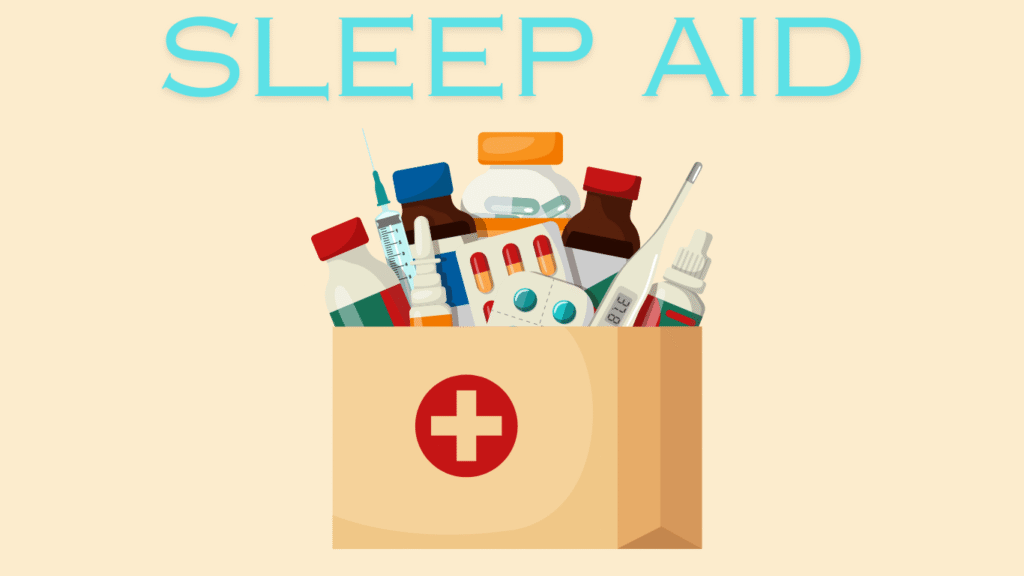
What is melatonin? Melatonin is a hormone produced by the pineal gland that helps regulate the sleep-wake cycle. It signals your body to prepare for sleep when it gets dark, aiding in maintaining healthy sleep patterns. This article explores how melatonin works, its effects on the body, and its potential benefits and risks.
Table of Contents
Key Takeaways
- Melatonin, primarily produced by the pineal gland in response to darkness, plays a crucial role in regulating the sleep-wake cycle and overall circadian rhythms.
- Melatonin supplements can provide short-term relief from sleep disorders but are not FDA-approved for specific uses; their effectiveness varies between individuals.
- Potential side effects and interactions with medications are significant considerations when using melatonin supplements, necessitating consultation with a healthcare provider.
Understanding Melatonin
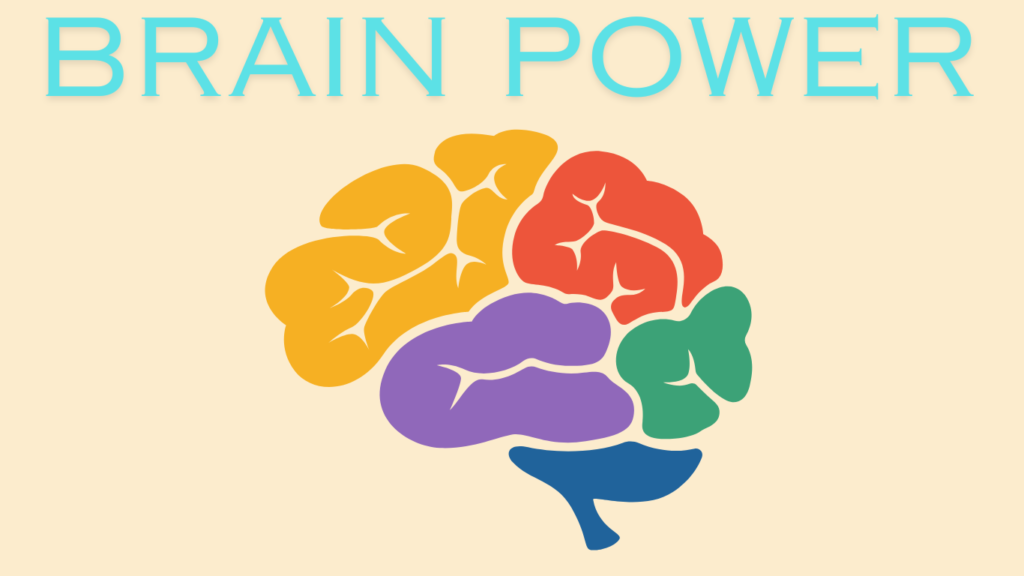
Melatonin, mainly produced by the pineal gland, is crucial for regulating the sleep-wake cycle and its effects are mediated through melatonin receptors. It is secreted primarily at night in response to darkness, playing a key role in synchronizing our circadian rhythms, the internal clock governing sleep and wakefulness.
The light-dark cycle influences the pineal gland’s melatonin production, with levels rising in darkness and falling with light exposure. This balance ensures sleepiness at night and alertness during the day, maintaining our sleep-wake cycle.
Acting as a regulator of circadian rhythms across life forms, melatonin is vital for healthy sleep patterns. In humans, disruptions in melatonin secretion can lead to circadian rhythm sleep disorders and other health problems, emphasizing its importance for overall wellbeing.
Insights into melatonin’s functions can aid in managing sleep problems and enhancing sleep quality. Exploring its effects on the body, natural production, and the benefits and risks of supplements offers a comprehensive understanding of this hormone.
How Melatonin Affects the Body

Melatonin regulates the body’s internal clock, affecting both sleep timing and duration. Its ability to synchronize circadian rhythms benefits individuals with circadian rhythm disorders, such as non-24-hour sleep-wake rhythm disorder, essential for consistent sleep cycles and quality.
Bright evening lights can disrupt melatonin’s effects on sleep, emphasizing the need for a dark environment for optimal function. Aging causes a natural decline in melatonin levels, potentially contributing to sleep disturbances and reduced sleep quality in older adults.
Melatonin improves metabolic processes, supports heart health by lowering blood pressure and improving cholesterol levels, and influences female reproductive hormones, affecting menstrual cycles and menopause onset. Reduced melatonin levels have been linked to neurodegenerative diseases, suggesting a potential relationship with cognitive function.
Melatonin’s antioxidant properties strengthen the immune system, offering protection against health issues. Additionally, melatonin supplementation may enhance sleep quality for individuals withdrawing from benzodiazepines, highlighting its multifaceted role in health and wellness.
Natural Production and Secretion of Melatonin
The pineal gland primarily produces melatonin in response to darkness, with production beginning around sunset and peaking about seven hours later. Darkness triggers melatonin production, while light exposure decreases its secretion, emphasizing the need for a dark sleeping environment for optimal levels and sleep quality.
Newborns do not produce melatonin until they are 2 to 3 months old, relying on melatonin from the placenta or breast milk during this early period. After puberty, melatonin levels are generally higher in females compared to males.
Aging decreases melatonin production, particularly due to pineal gland calcification. By age 90, melatonin levels can drop below 20% of those in young adults, making it harder to fall asleep. Understanding these variations can aid in managing sleep issues effectively.
Melatonin and Sleep Disorders
Melatonin plays a crucial role in regulating sleep-wake cycles and is often used to treat various sleep disorders. Research suggests that melatonin supplements can significantly improve sleep quality and duration in individuals suffering from conditions such as insomnia, delayed sleep phase syndrome, and circadian rhythm disorders. Melatonin’s ability to regulate the body’s internal clock and promote relaxation makes it an effective treatment for these sleep issues.
Melatonin’s effects on sleep disorders can be attributed to its ability to:
- Regulate the sleep-wake cycle by interacting with the suprachiasmatic nucleus (SCN) of the hypothalamus and the retina.
- Promote relaxation and reduce stress levels, making it easier to fall asleep.
- Increase the production of sleep-promoting hormones, such as serotonin and GABA.
- Decrease the production of wake-promoting hormones, such as cortisol and adrenaline.
Clinical sleep medicine recognizes melatonin as a first-line treatment for insomnia and other sleep disorders. However, it is essential to consult with a healthcare provider before taking melatonin supplements, as they can interact with other medications and have side effects. By understanding how melatonin works and its potential benefits, individuals can make informed decisions about managing their sleep health.
Melatonin Supplements: An Overview
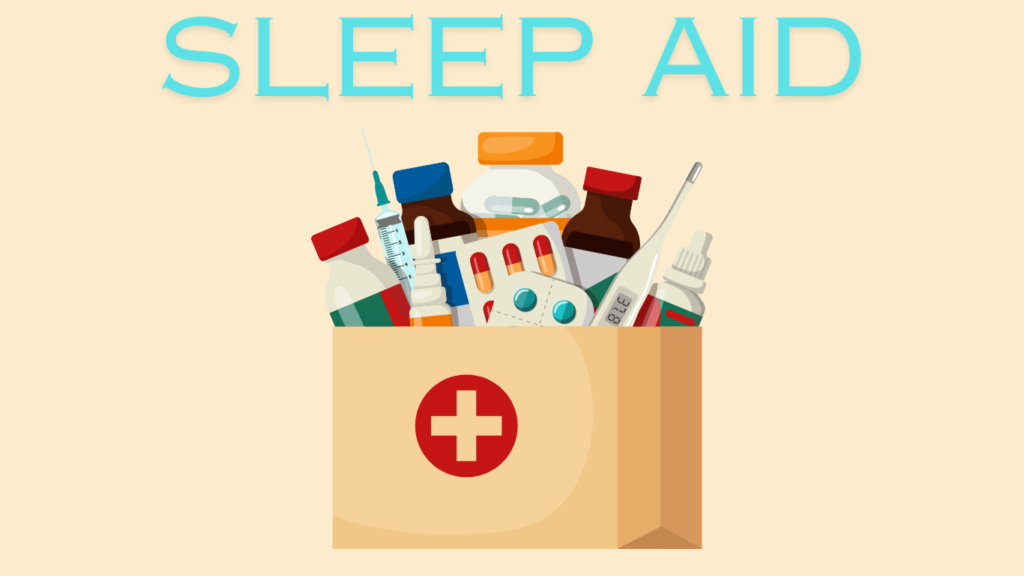
Melatonin supplements, known as exogenous melatonin, are synthetic versions of the natural sleep hormone. These melatonin natural health products are used to address sleep disorders and come in various formulations. However, synthetic melatonin is not FDA-approved for any specific purposes.
Melatonin supplements can be safely used for up to two years, providing short-term relief from sleep issues. The following subsections explore common uses, different forms and dosages, and the quality and regulation of these products.
Common Uses of Melatonin Supplements
Melatonin supplements are used to treat insomnia and jet lag. Their popularity has grown among both adults and adolescents in America, reflecting increased awareness of melatonin’s potential benefits. Melatonin is also commonly used to help individuals with delayed sleep-wake phase disorder (DSWPD).
While melatonin can aid certain sleep difficulties, it is not a cure-all and may not be effective for everyone. Knowing the specific uses and limitations of melatonin supplements helps individuals make informed decisions about their sleep health.
Forms and Dosages
Melatonin is available in several formulations, including immediate-release and extended-release, and various delivery methods like tablets and patches. Other forms such as gummies, dissolvable tablets, and topical creams provide options to suit different preferences.
Recommended dosing often starts low, with many adults benefiting from as little as 1 milligram. The dosage range for adults and adolescents is between 1 to 5 milligrams, with a maximum daily dosage of 10 milligrams.
Higher doses do not necessarily yield better results, a common misconception about melatonin dosage.
Quality and Regulation
Many supplements are mislabeled, leading to significant variability in melatonin content. This underscores the importance of choosing high-quality products and consulting healthcare providers for personalized advice.
Research suggests that more rigorous testing and regulation are needed to ensure the safety and efficacy of melatonin supplements. Randomized controlled trials can offer valuable insights into the benefits and risks of these products, aiding consumers in making informed choices.
Melatonin and Children
Melatonin supplements are being increasingly studied for their effects on children with specific conditions, including sleep problems. Research suggests that melatonin may offer potential benefits for children with sleep disorders, but the risks and benefits are not yet fully understood.
Melatonin’s effects on children can be attributed to its ability to:
- Regulate the sleep-wake cycle and promote relaxation.
- Increase the production of sleep-promoting hormones, such as serotonin and GABA.
- Decrease the production of wake-promoting hormones, such as cortisol and adrenaline.
However, there are uncertainties about the use of melatonin in children, including the optimal dose, timing, and long-term effects. Melatonin supplements may affect hormonal development, including puberty, menstrual cycles, and prolactin overproduction, but the extent of this effect is unknown.
It is recommended to work with a healthcare provider when considering giving a child melatonin for sleep problems. They can help determine the best course of treatment and monitor the child’s response to melatonin supplements. This ensures that the use of melatonin is both safe and effective for the child’s specific needs.
Potential Side Effects and Interactions
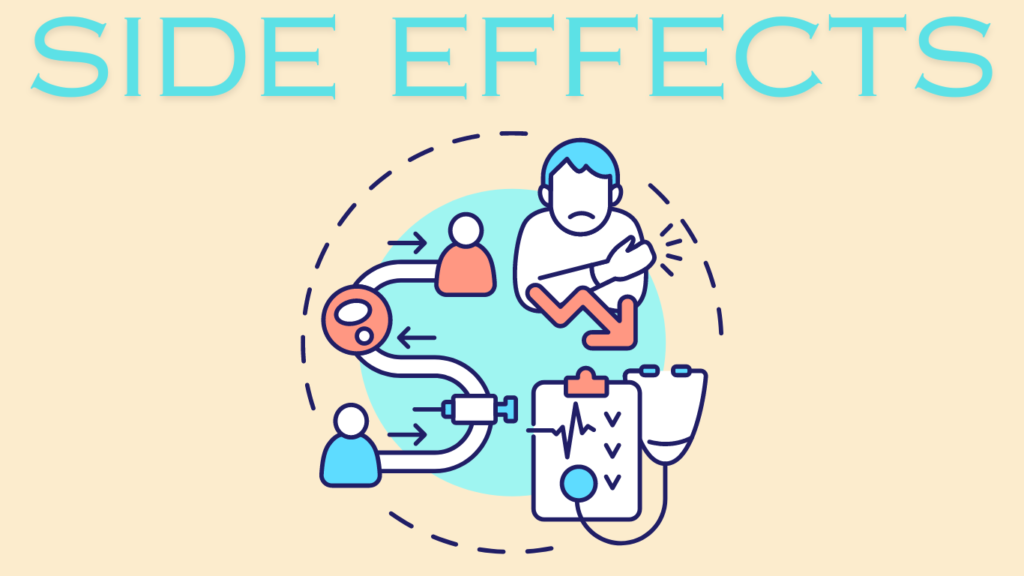
Generally safe for short-term use, melatonin may cause side effects such as headaches and dizziness. Being aware of these potential side effects underscores the importance of using melatonin supplements responsibly.
Melatonin might lower blood sugar levels, important for individuals taking diabetes medications. Birth control pills can increase melatonin production, potentially affecting efficacy when taken together. Therefore, individuals considering melatonin supplements should consult healthcare providers, especially pregnant or breastfeeding women, and those with autoimmune diseases.
Common Side Effects
Besides headaches and dizziness, melatonin may cause nausea and excessive sleepiness. While generally safe, these side effects can vary among individuals and are important to consider when using melatonin.
Daytime sleepiness and headaches are common side effects of chronic sleep onset insomnia. The prevalence of these side effects varies among individuals, but they are important to consider when evaluating the effects of melatonin.
Drug Interactions
Melatonin can interact with certain medications, potentially affecting blood sugar levels and increasing the risk of bleeding. For example, melatonin may increase bleeding risk when taken with blood thinners, and it can impact blood sugar levels, important for individuals on diabetes medications.
Taking melatonin with sedatives can increase sleepiness and slow breathing. Additionally, melatonin secretion can be affected by medications like beta-blockers, which may reduce melatonin levels. These interactions highlight the importance of consulting healthcare providers before starting melatonin supplements.
Precautions and Contraindications
Melatonin may be unsafe during pregnancy, especially at high doses; insufficient information exists on lower doses. For breastfeeding mothers, it is generally best to avoid melatonin due to limited safety information.
Melatonin is generally not recommended for children under 5 years old, as sleep issues in this age group are often behavioral. Caution is advised with melatonin use in adolescents due to possible hormonal effects that may interfere with developmental processes.
Concerns exist about melatonin supplements potentially affecting hormonal development, impacting puberty, menstrual cycles, and prolactin levels.
Conditions Related to Melatonin Imbalance and Circadian Rhythm Sleep Disorders
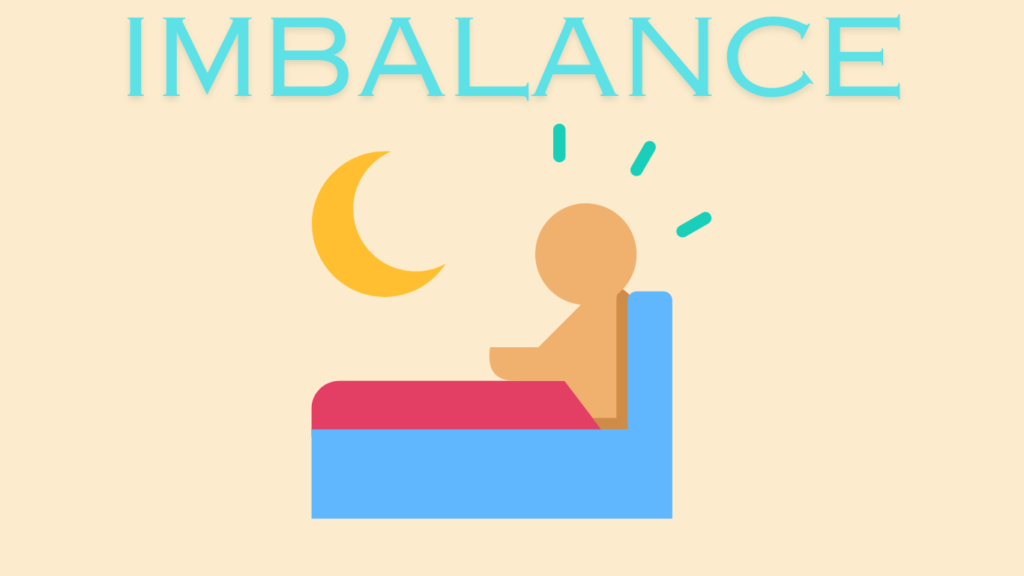
The two main conditions related to melatonin imbalances are hypomelatoninemia and hypermelatoninemia. Hypomelatoninemia refers to lower-than-normal peak nighttime melatonin levels or total production levels, arising from various congenital and environmental factors that disrupt melatonin production or signaling.
Hypermelatoninemia may occur in conditions like Rabson-Mendenhall syndrome, leading to abnormal melatonin production. Smith-Magenis syndrome is characterized by atypical melatonin secretion patterns, contributing to sleep disturbances.
Low melatonin levels have been consistently observed in individuals with autism spectrum disorders, highlighting its potential impact on reproductive health. Understanding these conditions aids in managing melatonin imbalances and related health issues effectively.
Alternatives to Melatonin for Sleep Issues
Healthy sleep habits can significantly improve sleep quality. Here are some effective strategies:
- Maintain a consistent sleep schedule.
- Limit screen time before bed.
- Consider natural remedies like passionflower, which may alleviate insomnia symptoms and serve as alternatives to melatonin.
- Explore acupuncture as an effective alternative therapy for sleep issues with minimal side effects.
- Use lavender essential oil, which has shown potential in improving sleep quality according to various studies.
Magnesium supplements enhance sleep quality, particularly in individuals who are magnesium deficient. Valerian root may improve sleep quality for those experiencing anxiety or depression.
Adjustments in the sleeping environment, such as reducing noise, controlling room temperature, and ensuring a comfortable mattress and bedding, are crucial for enhancing sleep quality. Exploring these alternatives offers a holistic approach to managing clinical sleep medicine issues.
Monitoring and Toxicity
Melatonin is generally considered safe and well-tolerated, but it can cause side effects, especially when taken in high doses or for extended periods. Monitoring for adverse effects, such as daytime sleepiness, headaches, and nausea, is essential when taking melatonin supplements.
Toxicity is rare, but it can occur when taking high doses of melatonin. Research suggests that taking more than 10mg of melatonin per day can increase the risk of toxicity. Symptoms of toxicity can include:
- Dizziness and lightheadedness.
- Nausea and vomiting.
- Headaches and migraines.
- Fatigue and lethargy.
It is essential to follow the recommended dosage and consult with a healthcare provider before taking melatonin supplements, especially if you have a history of bleeding disorders, depression, or high blood pressure. By adhering to these guidelines, individuals can safely benefit from melatonin’s sleep-enhancing properties while minimizing the risk of adverse effects.
Summary
In summary, melatonin plays a vital role in regulating our sleep-wake cycles and overall health. Understanding its natural production, effects on the body, and the potential benefits and risks of supplements can help in managing sleep issues effectively.
By considering both melatonin supplements and alternative methods, individuals can find the best approach to improving their sleep quality. Embracing a holistic view of sleep health empowers us to make informed decisions and enjoy the restorative benefits of a good night’s sleep.
Frequently Asked Questions
What is melatonin and why is it important?
Melatonin is a hormone produced by the pineal gland that regulates the sleep-wake cycle and synchronizes circadian rhythms, making it essential for maintaining healthy sleep patterns. Its importance lies in its ability to promote restful sleep and overall well-being.
How does melatonin affect the body?
Melatonin significantly affects the body by regulating sleep patterns, supporting metabolic functions, promoting heart health, and enhancing immune response through its antioxidant properties. Its role in female reproductive hormones is also noteworthy.
What are the common uses of melatonin supplements?
Melatonin supplements are primarily utilized to address insomnia, alleviate jet lag, and regulate circadian rhythm disorders. Additionally, they are favored by those looking to enhance overall sleep quality.
What are the potential side effects of taking melatonin supplements?
Taking melatonin supplements may lead to side effects such as headaches, dizziness, daytime sleepiness, and nausea. Additionally, melatonin can interact with certain medications, impacting blood sugar levels and increasing bleeding risk.
Are there alternatives to melatonin for sleep issues?
There are several alternatives to melatonin for sleep issues, including healthy sleep habits, natural remedies such as passionflower and valerian root, and adjustments to the sleeping environment. Additionally, acupuncture and lavender essential oil can be effective options.

